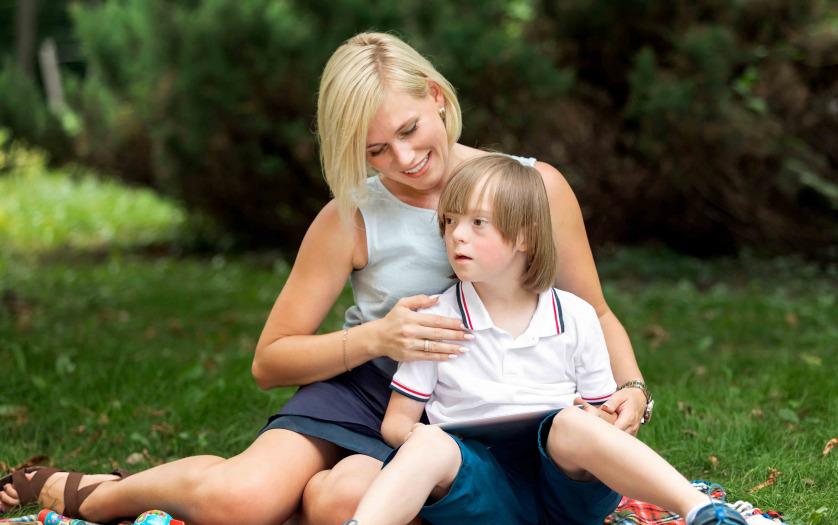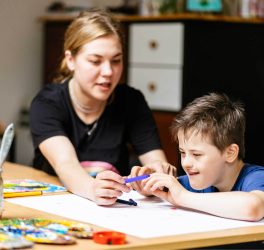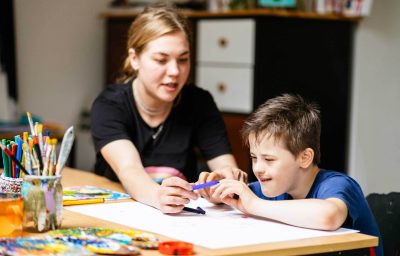
Access and equity before the law is a fundamental principle of civil society and achieving equity for people with disabilities is enshrined in the United Nations Convention on the Rights of the Child (UNCRPD), which carries an obligation to take steps to remove barriers to equity and access.
Yet progress towards achieving equitable treatment of families where a parent has an intellectual disability has been slow. Parents with intellectual disability make up about one percent of the Australian population but represent 10 percent of care and protection matters. The reasons are complex but can include socio-economic disadvantage, disability discrimination, and social exclusion that prevent them enjoying the same rights and freedoms as other parents to raise their children. If concerns about parenting arise, parents can encounter child protection workers and statutory systems that see their disability as an insurmountable risk to the safety and wellbeing of their child. Disability is equated with parenting incompetence.
If the expert reports relied upon by the court are influenced by unfair assessments of parenting skills or processes are not adjusted to take account of disability, then the right of parents to fair and equal treatment before the law has been undermined.
Now, in a first Australia, the University of Sydney’s Research Centre for Children and Families has co-designed a good practice guide. It offers disability-informed practice guidance with relevance for every professional working in child protection and Children’s Courts.
The Intellectual Disability Rights Service works with mothers with intellectual disability when they are at risk of having a child removed from their care, often at birth. Executive Officer and research partner, Janene Cootes explains “We find that many care and protection staff are pessimistic about the potential of women with intellectual disability to parent their children and they are surprised at what is possible with the right help. They want to know more. This new resource will provide much needed insights and practical assistance to everyone working with parents with intellectual disability in the care and protection system”.
Dr Collings said: “What makes the disability-informed practice guide for parenting capacity assessments stand out as a credible source is the unique collaboration to make it a reality. Working with the research team at the University of Sydney were the New South Wales Children’s Court Clinic, Intellectual Disability Rights Service, and the WASH House, with the guidance of an Aboriginal Elder and a Children’s Court magistrate.”
The research aims to increase disability awareness among professionals working in care and protection and to improve their knowledge and skills to engage with parents with intellectual disability. In particular, the resource will assist clinical assessors and experts, judicial officers, Statutory Authorities, caseworkers from government and non-government organisations (NGOs), Independent Legal Representatives, Legal Aid and private solicitors.
“It should not be up to parents to educate workers on how to adjust their practice so that it is accessible for people with intellectual disability. Nor should the responsibility lie solely with the professional to ensure their work with parents is fair and free from bias. Training the workforce to become disability-informed will ensure that every parent who encounters the child protection system is guaranteed fair treatment, including those with intellectual disability.”
To discuss the issues and present the practice guide to a broader audience, a webinar will be held, with the opening address given by the NSW Attorney General the Hon. Mark Speakman.
Webinar Details:
23 June 1-2pm: https://uni-sydney.zoom.us/s/86079899173
The webinar will be filmed and will be available on the Research Centre’s website.








